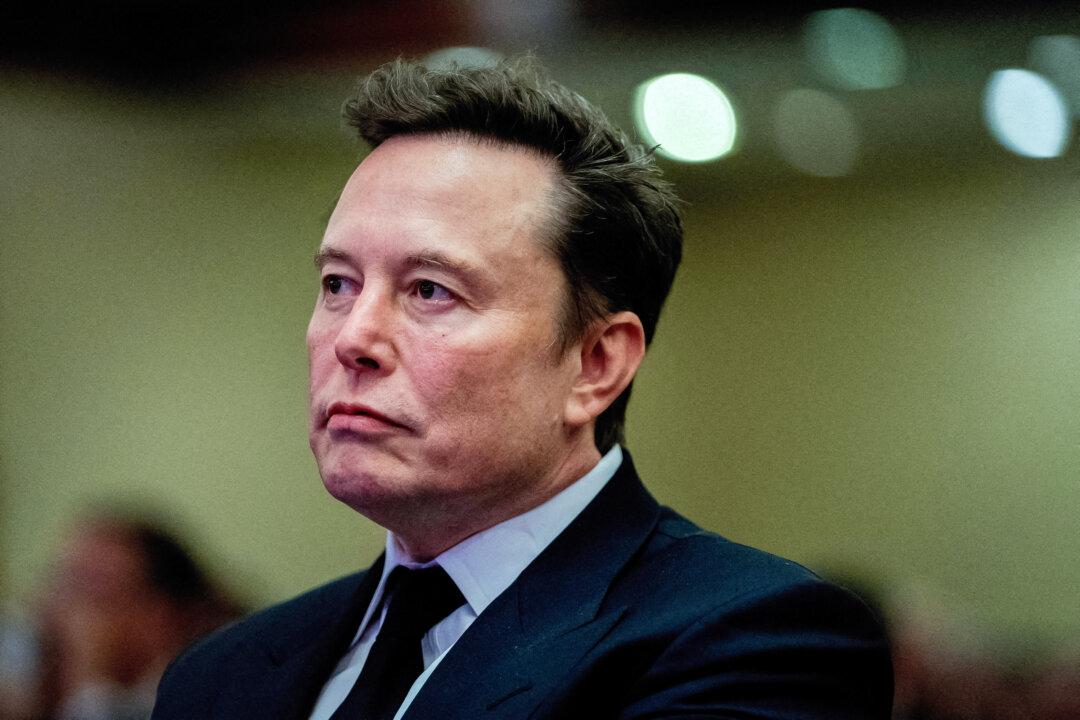Republicans on the House Oversight Committee on Feb. 5 voted to block Democrats’ attempt to subpoena SpaceX and Tesla CEO Elon Musk to testify before Congress amid growing scrutiny over his role as an unelected “special government employee” as the head of the Department of Government Efficiency and over its effects on federal agencies.
Minutes after the committee’s hearing on “Reducing Waste in Government” began, several Democrats sparred with Chairman Rep. James Comer (R-K.Y.) over calling Musk to testify. After a shouting match ensued, the committee voted 20–19 against a motion that would compel Musk to appear before the committee to testify about his roles in the Trump administration.





